What is Jeremy Corbyn’s nuclear weapons policy?
Labour leader has been quizzed again on future of Trident
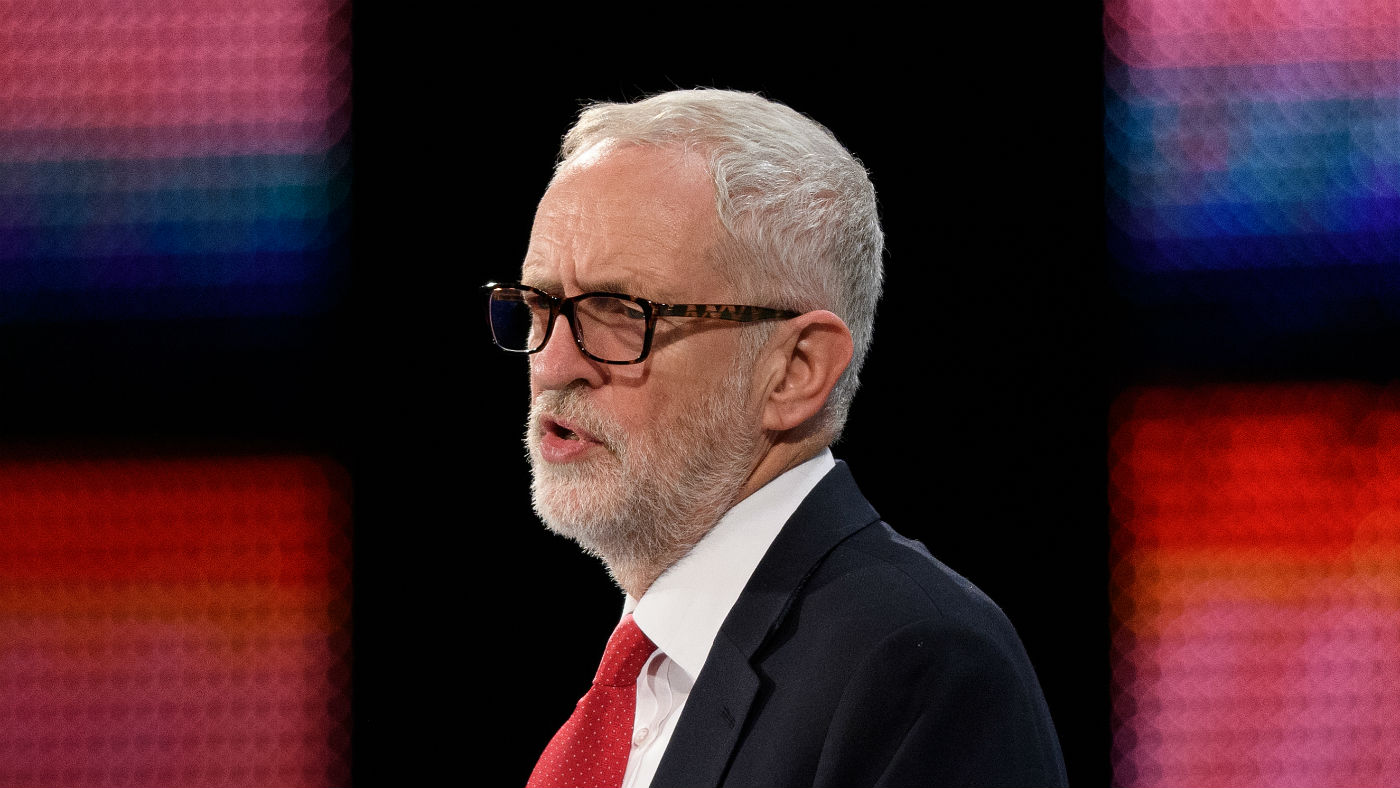
A free daily email with the biggest news stories of the day – and the best features from TheWeek.com
You are now subscribed
Your newsletter sign-up was successful
Jeremy Corbyn’s position on nuclear weapons is back in the headlines after he refused to rule out scrapping Trident as part of a post-election deal with the Scottish National Party.
Asked on The Andrew Marr Show whether he would scrap Trident, the Labour leader said: “I think the SNP would actually agree with me… that the priority has to be giving realism to the nuclear non-proliferation treaty, giving realism to the six-party talks in Korea, giving realism to the whole question of non-proliferation of nuclear weapons.”
Pressed further on the matter, he replied: “Obviously if you went into non-proliferation treaty discussions then clearly every country’s nuclear weapons go into that equation.”
The Week
Escape your echo chamber. Get the facts behind the news, plus analysis from multiple perspectives.

Sign up for The Week's Free Newsletters
From our morning news briefing to a weekly Good News Newsletter, get the best of The Week delivered directly to your inbox.
From our morning news briefing to a weekly Good News Newsletter, get the best of The Week delivered directly to your inbox.
Corbyn is a longstanding supporter of nuclear disarmament. “Back in the day – pre-leadership – Corbyn was a high-profile opponent of the nuclear issue on both environmental and proliferation grounds,” says The Conversation.
Speaking to BBC Radio 4’s Today programme in 2015, he said: “I am opposed to the use of nuclear weapons. I am opposed to the holding of nuclear weapons. I want to see a nuclear-free world. I believe it is possible.”
He added that that with the Cold War over, it is harder to justify keeping nuclear weapons. “There are five declared nuclear weapon states in the world. There are three others that have nuclear weapons. That is eight countries out of 192.
“187 countries don’t feel the need to have a nuclear weapon to protect their security, why should those five need it themselves?”
A free daily email with the biggest news stories of the day – and the best features from TheWeek.com
In a debate in 2016 over the future of Trident, he said: “I do not believe the threat of mass murder is a legitimate way to deal with international relations.”
Some 140 Labour MPs supported Trident renewal in that vote, while Corbyn, shadow defence secretary Nia Griffiths and 45 other Labour MPs voted against it.
Asked during the 2017 general election campaign whether he would consider using a nuclear weapon if the country were under threat of a nuclear strike, he replied: “I would do everything I can to ensure that any threat is dealt with earlier on, by negotiations and by talks. The idea of anyone ever using a nuclear weapon anywhere in the world is utterly appalling and terrible.”
However, last week Emily Thornberry, the shadow foreign secretary, suggested that a Corbyn government might make a collective decision on whether to deploy nuclear weapons.
Speaking to Channel 4 last week, a party spokesman said: “Jeremy Corbyn will do whatever is necessary to keep our country safe.”
–––––––––––––––––––––––––––––––For a round-up of the most important stories from around the world - and a concise, refreshing and balanced take on the week’s news agenda - try The Week magazine. Get your first six issues for £6–––––––––––––––––––––––––––––––
-
 Health insurance: Premiums soar as ACA subsidies end
Health insurance: Premiums soar as ACA subsidies endFeature 1.4 million people have dropped coverage
-
 Anthropic: AI triggers the ‘SaaSpocalypse’
Anthropic: AI triggers the ‘SaaSpocalypse’Feature A grim reaper for software services?
-
 NIH director Bhattacharya tapped as acting CDC head
NIH director Bhattacharya tapped as acting CDC headSpeed Read Jay Bhattacharya, a critic of the CDC’s Covid-19 response, will now lead the Centers for Disease Control and Prevention
-
 New START: the final US-Russia nuclear treaty about to expire
New START: the final US-Russia nuclear treaty about to expireThe Explainer The last agreement between Washington and Moscow expires within weeks
-
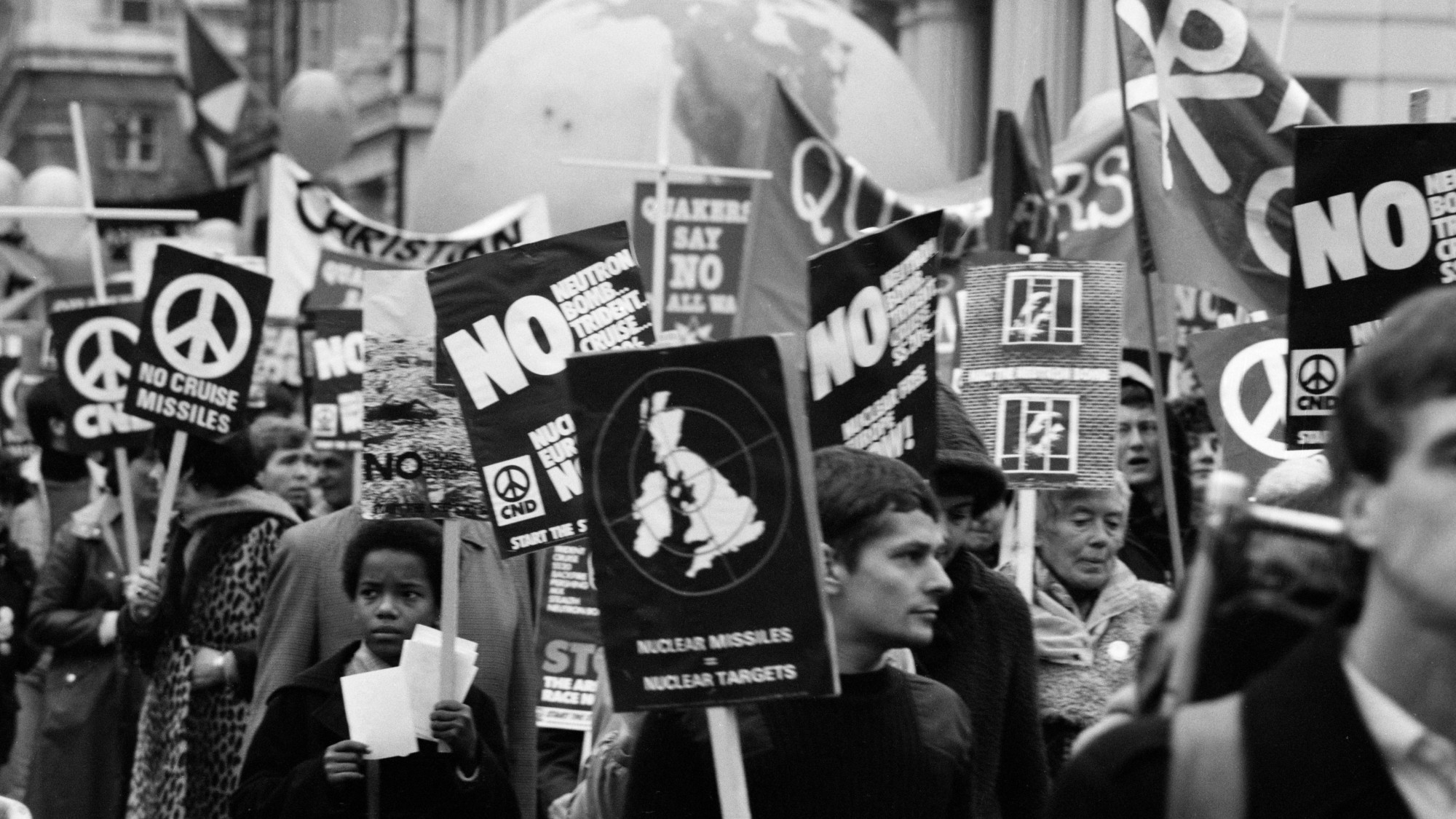 The history of US nuclear weapons on UK soil
The history of US nuclear weapons on UK soilThe Explainer Arrangement has led to protests and dangerous mishaps
-
 Vladimir Putin’s ‘nuclear tsunami’ missile
Vladimir Putin’s ‘nuclear tsunami’ missileThe Explainer Russian president has boasted that there is no way to intercept the new weapon
-
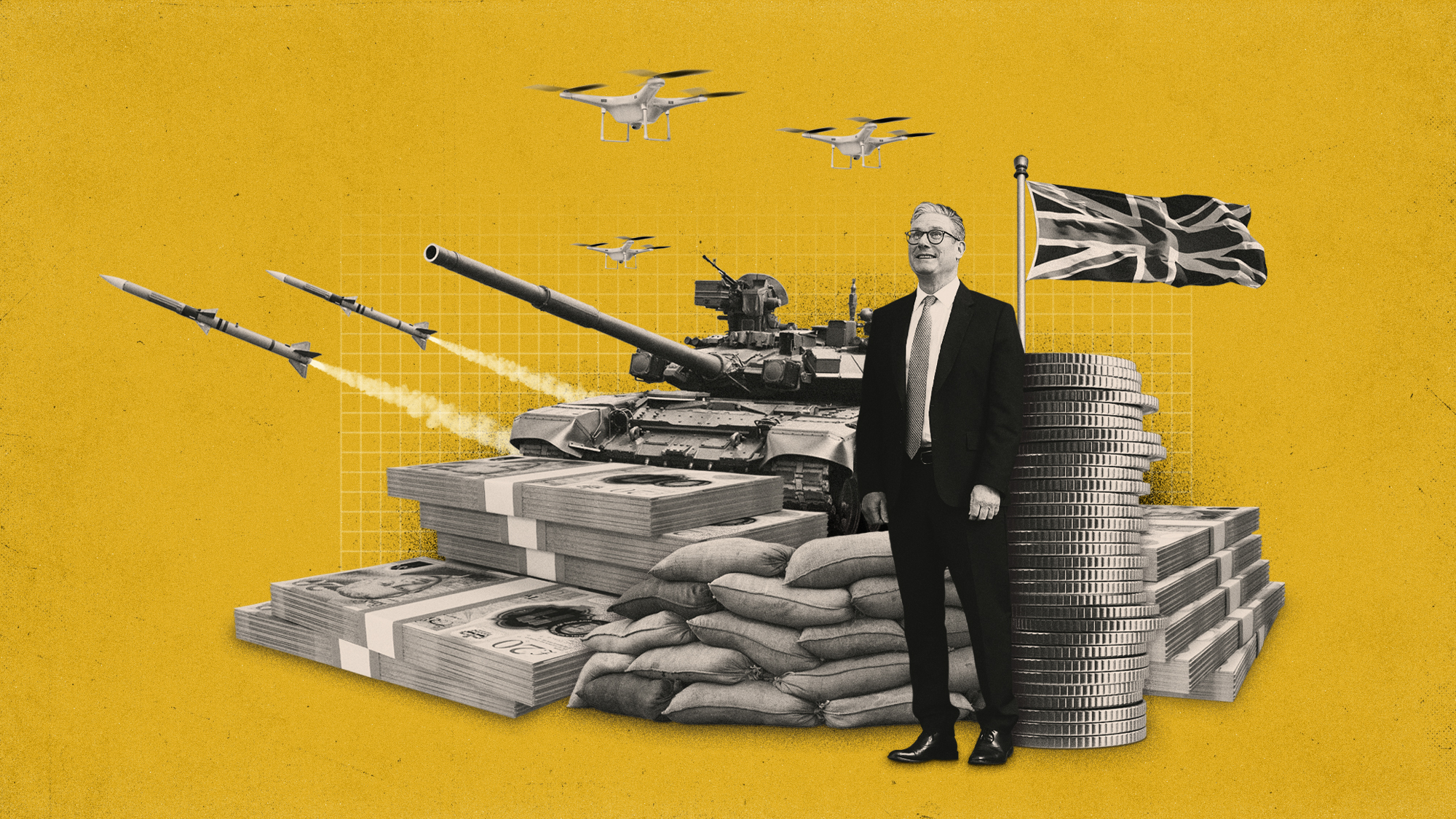 Is UK's new defence plan transformational or too little, too late?
Is UK's new defence plan transformational or too little, too late?Today's Big Question Labour's 10-year strategy 'an exercise in tightly bounded ambition' already 'overshadowed by a row over money'
-
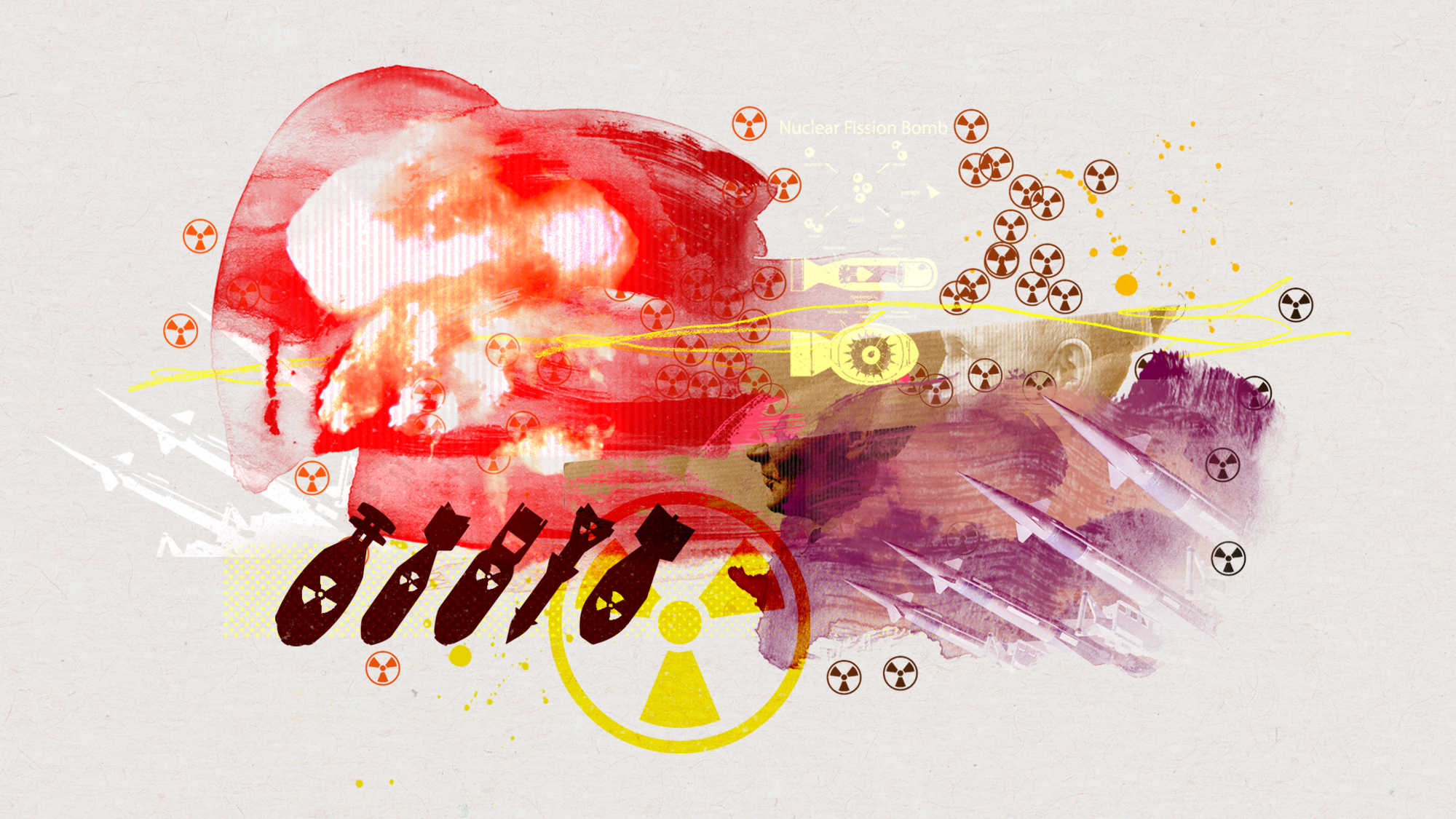 What are the different types of nuclear weapons?
What are the different types of nuclear weapons?The Explainer Speculation mounts that post-war taboo on nuclear weapons could soon be shattered by use of 'battlefield' missiles
-
 Ukraine-Russia: are both sides readying for nuclear war?
Ukraine-Russia: are both sides readying for nuclear war?Today's Big Question Putin changes doctrine to lower threshold for atomic weapons after Ukraine strikes with Western missiles
-
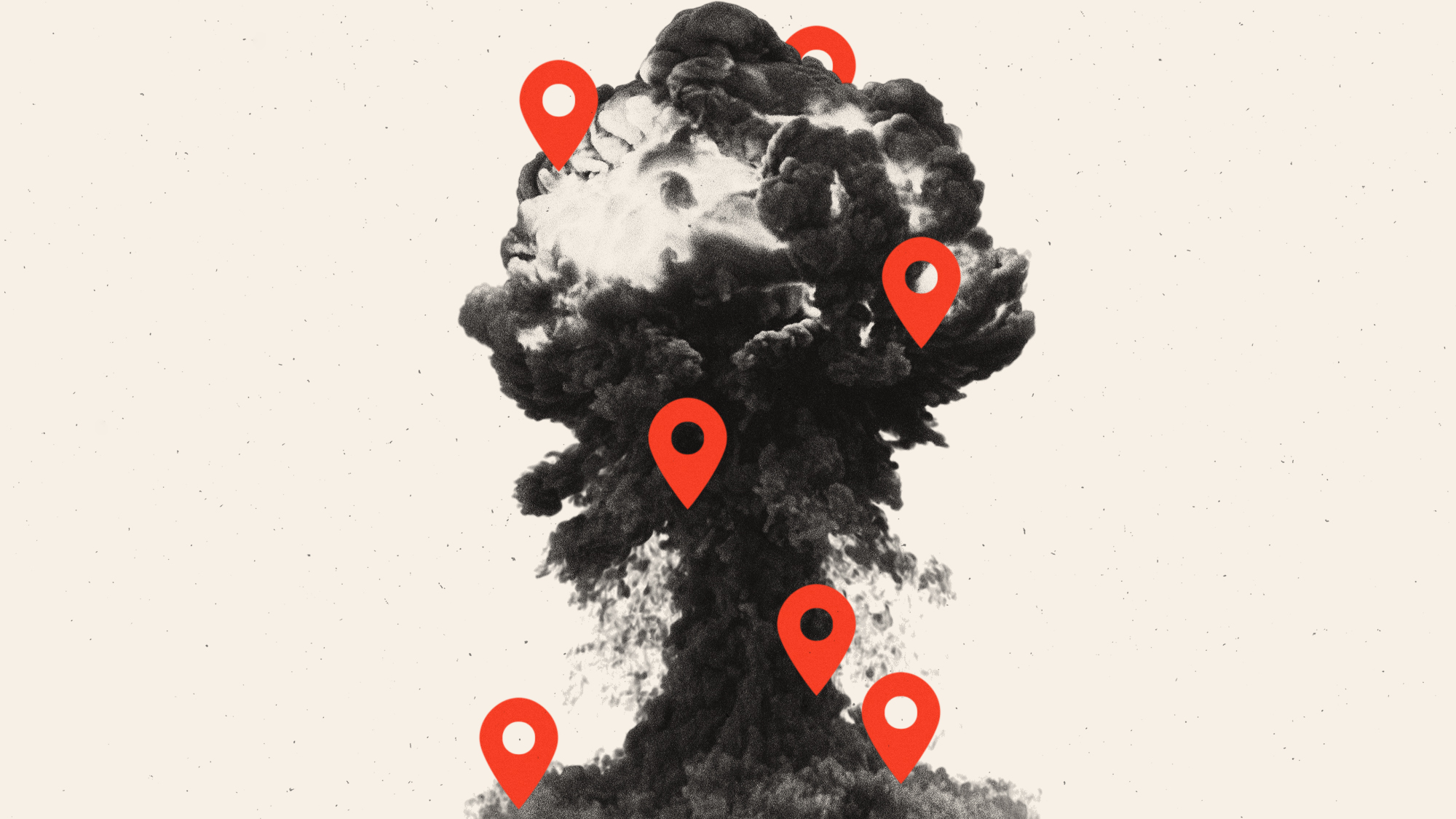 Where is the safest place in a nuclear attack?
Where is the safest place in a nuclear attack?In Depth From safest countries to the most secure parts of buildings, these are the spots that offer the most protection
-
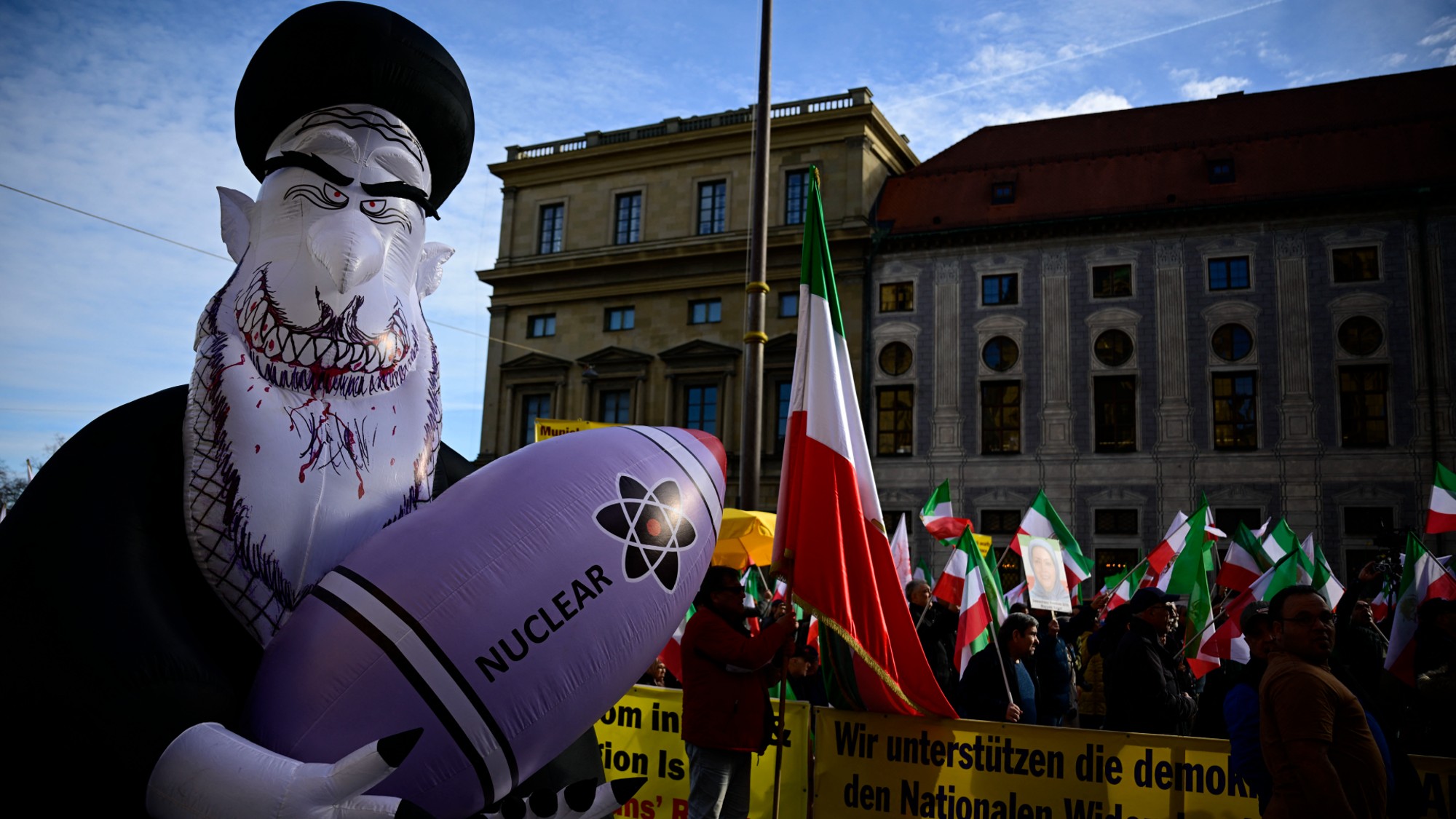 Iran at the nuclear crossroads
Iran at the nuclear crossroadsThe Explainer Officials 'openly threatening' to build nuclear bomb, as watchdog finds large increase in enriched uranium stockpile